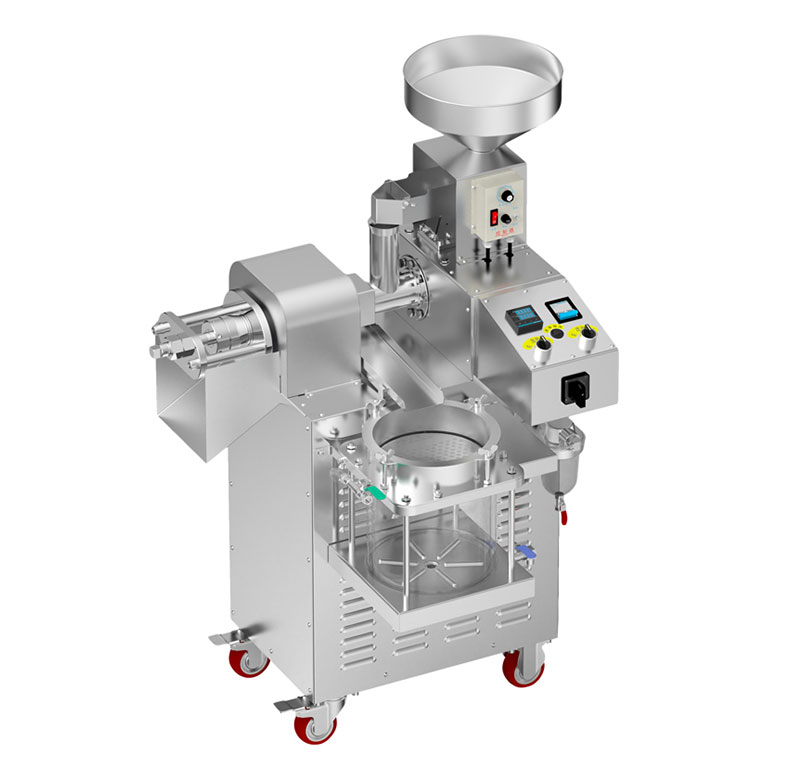Global Soybean Oil Market Report 2021: Industry Trends, Share, Size, Growth, Opportunity and Forecast 2015-2026
The global soybean oil market reached a volume of 57.3 Million Tons in 2020. Looking forward, the global soybean oil market to exhibit moderate growth during the next five years.
Soybean oil refers to a clear yellow vegetable oil which is extracted from the seeds of soybean. It is a rich source of essential nutrients like vitamins, proteins, fatty acids and plant sterols. As a result, soybean oil helps in improving immunity, preventing osteoporosis, managing heart health, boosting skin and eye health, lowering cholesterol levels, and reducing the threat of cognitive disorders.
Over the years, soybean oil has become a preferred choice for cooking in households and restaurants due to its neutral taste, high smoke point and negligible saturated fat content.
Global Soybean Oil Market Drivers:
One of the major factors driving the demand for soybean oil worldwide is its affordable price. Soybean oil is relatively less expensive than most other edible oils such as olive oil, canola oil, coconut oil, and groundnut oil. As a result, it is immensely popular in price sensitive markets, particularly in the developing regions.
Nowadays, consumers who suffer from health-conditions like obesity, high cholesterol and cardiovascular diseases are incorporating soybean oil in their food. Increasing health-consciousness has created a shift from ready-to-eat (RTE) products to home cooked items which is further catalyzing the growth of the soybean oil market.
Apart from its health benefits, soybean oil has various functional properties on account of which it is employed in several food and non-food applications. In the food industry, soybean oil is used in the preparation of sauces, dressings, margarine, shortening, mayonnaise, potato chips, non-dairy creamers and whipped toppings. On the other hand, in the non-food industry, soybean oil is utilized for manufacturing resins, caulks, mastics, plastics, biodiesel, insecticides and animal feed.
Soybean oil is produced in countries ranging from China to the United States. As a result of its wide availability, coupled with its relatively low price, soybean oil represents a sustainable replacement for petrochemicals and known carcinogens in various industrial applications.
reakup by End-Use:
Based on end-use, the report finds that food currently represents the largest end-use segment of soybean oil, followed by industrial usage and animal feed. Soybean oil is mostly used for frying, baking and as a condiment in salads.
Regional Insights:
On a geographical front, China enjoys the leading position in the global soybean oil market on account of the constantly increasing population in the region. It is extensively used in the preparation of dishes like tofu, miso, tempeh, poached fish, deep-fried pork ribs, etc. China is followed by the United States, Brazil, Argentina, Europe and India.
Competitive Landscape:
The competitive structure of the soybean oil market has also been analyzed and has been found to be concentrated in nature. Some of the largest players operating in the market include:
- ADM
- Bunge
- Cargill
- Louis Dreyfus
- Wilmar
Key Questions Answered in This Report:
1. What was the global soybean oil market size in 2020?
2. What will be the soybean oil market outlook in the coming years?
3. What are the key industry trends of the global soybean oil market?
4. What are the major global soybean oil market drivers?
5. What is the impact of COVID-19 on the global soybean oil market?
6. What is the global soybean oil market breakup by end use?
7. What are the major regional soybean oil markets?
8. Who are the leading players in the soybean oil industry?
Key Topics Covered:
1 Preface
2 Scope and Methodology
3 Executive Summary
4 Introduction
4.1 Overview
4.2 Key Industry Trends
5 Global Soybean Industry
5.1 Market Performance
5.1.1 Volume Trends
5.1.2 Value Trends
5.2 Market by End-Use
5.3 Market by Region
5.4 Market Forecast
6 Global Edible Oil Industry
6.1 Market Performance
6.2 Market by Region
6.3 Market by Oil Type
6.4 Market Forecast
7 Global Soybean Oil Industry
7.1 Market Overview
7.2 Market Performance
7.3 Impact of COVID-19
7.4 Price Analysis
7.5 Market Breakup by Region
7.6 Market Breakup by End Use
7.7 Market Forecast
7.8 SWOT Analysis
7.9 Value Chain Analysis
7.9.1 Raw Material Procurement
7.9.2 Manufacturing
7.9.3 Marketing
7.9.4 Distribution
7.9.5 Exports
7.9.6 End-Use
7.10 Porter's Five Forces Analysis
7.11 Key Market Drivers and Success Factors
8 Market Performance by End-Use
8.1 Food
8.2 Industrial
8.3 Animal Feed
9 Market Performance of Key Regions
9.1 China
9.2 United States
9.3 Brazil
9.4 Europe
9.5 Argentina
9.6 India
9.7 Others
10 Competitive Landscape
10.1 Market Structure
10.2 Key Players
11 Soybean Oil Processing
11.1 Product Overview
11.2 Detailed Process Flow
11.3 Various Types of Unit Operations Involved
11.4 Mass Balance and Raw Material Requirements
12 Project Details, Requirements and Costs Involved
12.1 Land Requirements and Expenditures
12.2 Construction Requirements and Expenditures
12.3 Plant Layout
12.4 Plant Machinery
12.5 Machinery Pictures
12.6 Raw Material Requirements and Expenditures
12.7 Raw Material and Final Product Pictures
12.8 Packaging Requirements and Expenditures
12.9 Transportation Requirements and Expenditures
12.10 Utility Requirements and Expenditures
12.11 Manpower Requirements and Expenditures
12.12 Other Capital Investments
13 Loans and Financial Assistance
14 Project Economics
14.1 Capital Cost of the Project
14.2 Techno-Economic Parameters
14.3 Product Pricing and Margins Across Various Levels of the Supply Chain
14.4 Taxation and Depreciation
14.5 Income Projections
14.6 Expenditure Projections
14.7 Financial Analysis
14.8 Profit Analysis
15 Key Player Profiles
15.1 ADM
15.2 Bunge
15.3 Cargill
15.4 Louis Dreyfus
15.5 Wilmar







































































